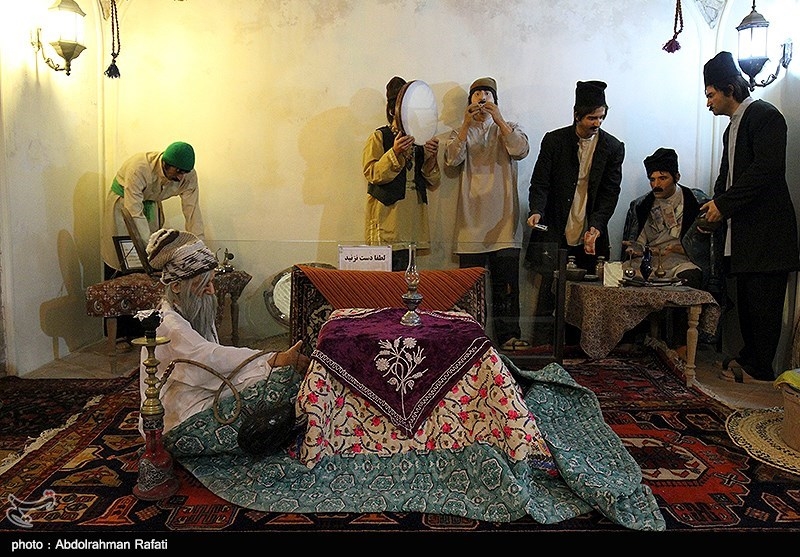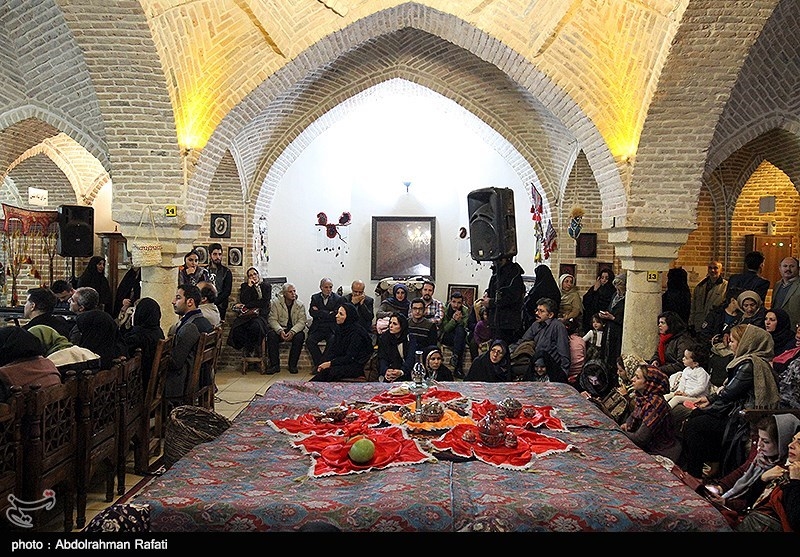Korsi: Pleasant Warmth for Family Gathering

In modern houses, television set is a counterfeit replacement for this lovely
piece of furniture as they both gather people around.
However, there is a distinct difference between Korsi, which gather family
members together to socialize and TV set, which fully and destructively attracts
family members’ attention and stop them from interacting with each other.
It is a 50 centimeter high our-legged table with a heater underneath it, and
blankets and comforters thrown around it.
They decorate it with a piece of jajim or kilim. Some cushions and poshti (a
kind of cushion lean against the wall) are put around Korsi.

In the past, the heating source was a fire pan in which, the coals are put when
fired. Families with lower income made a hole beneath Korsi and put the coals in
that. They used the fire as the stove for making dishes like Abgusht as well.
However Korsi was not a mere heater in Persian culture. Its pleasant warmth,
brought all the family together. They ate winter goodies and listened to each
other. During nights, grandparents told stories and narrations while all
families sat at Korsi.
Korsi still can be an item of furniture in modern houses, which creates a cozy
place for family gathering.
In Japan, they design new models for kotatsu, a kind of traditional Japanese
table similar to Korsi.
Since many buildings in Japan lack insulation and rooms are heated separately,
kotatsu acts as a handy centralized heat source when it’s chilly.
Korsi and kotatsu are the means for family gatherings and face to face talks,
invaluable connections, which are important regardless of time and place.
We can be proud of some parts of past time in museums but some parts are our
heritage, which is useful today. Bring back charm of past, with what we
inherited from our wise ancestor to our life.
Source: Tasnim
















